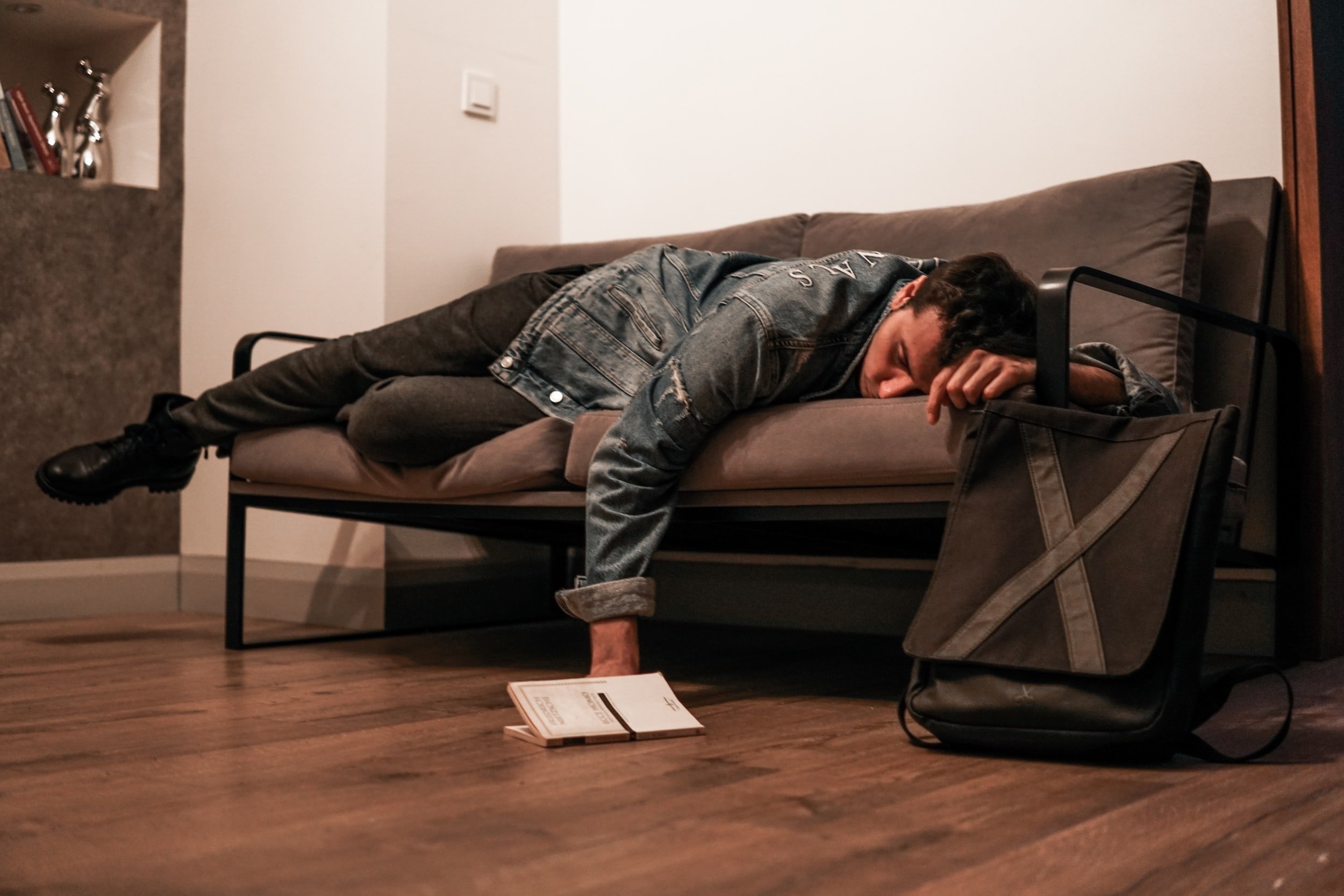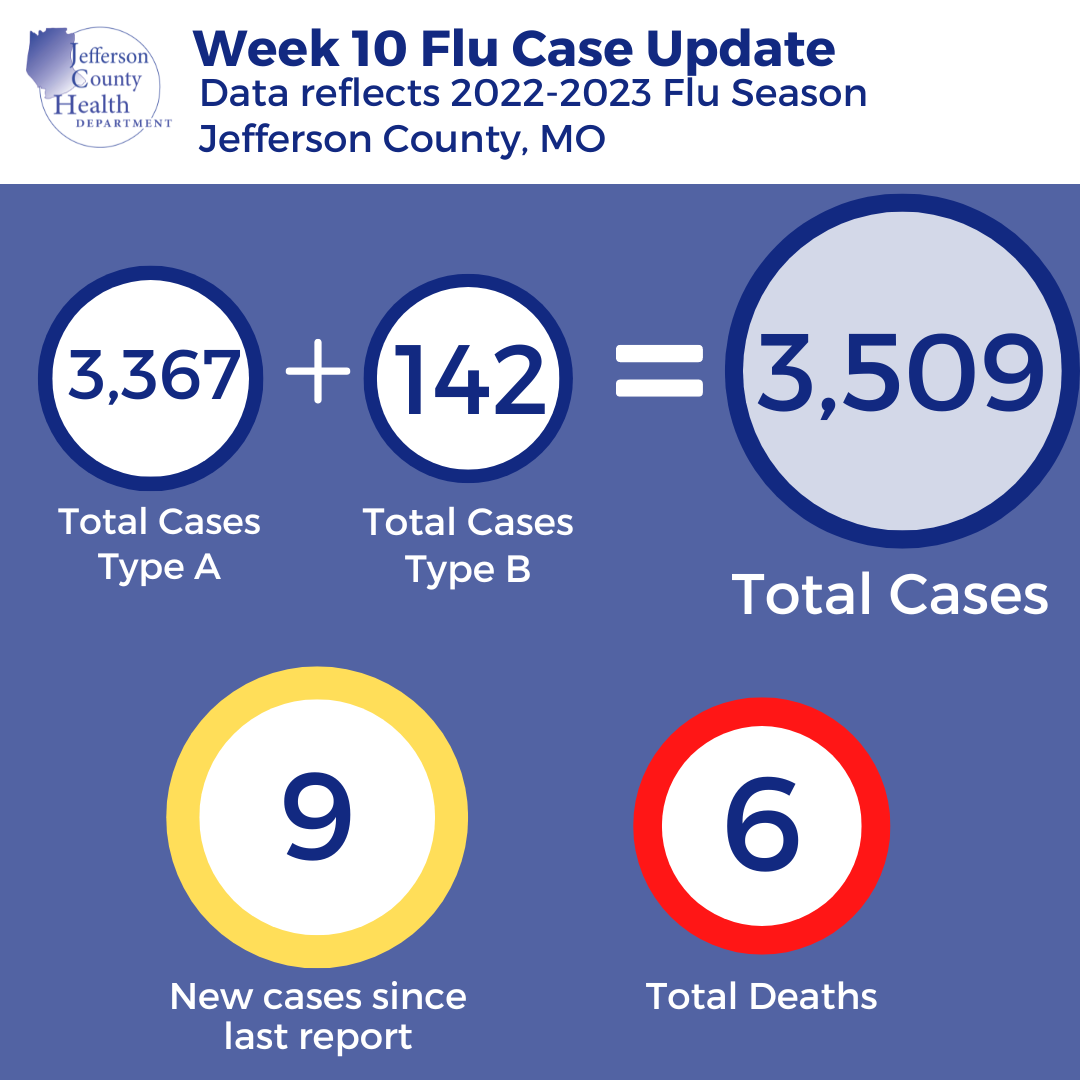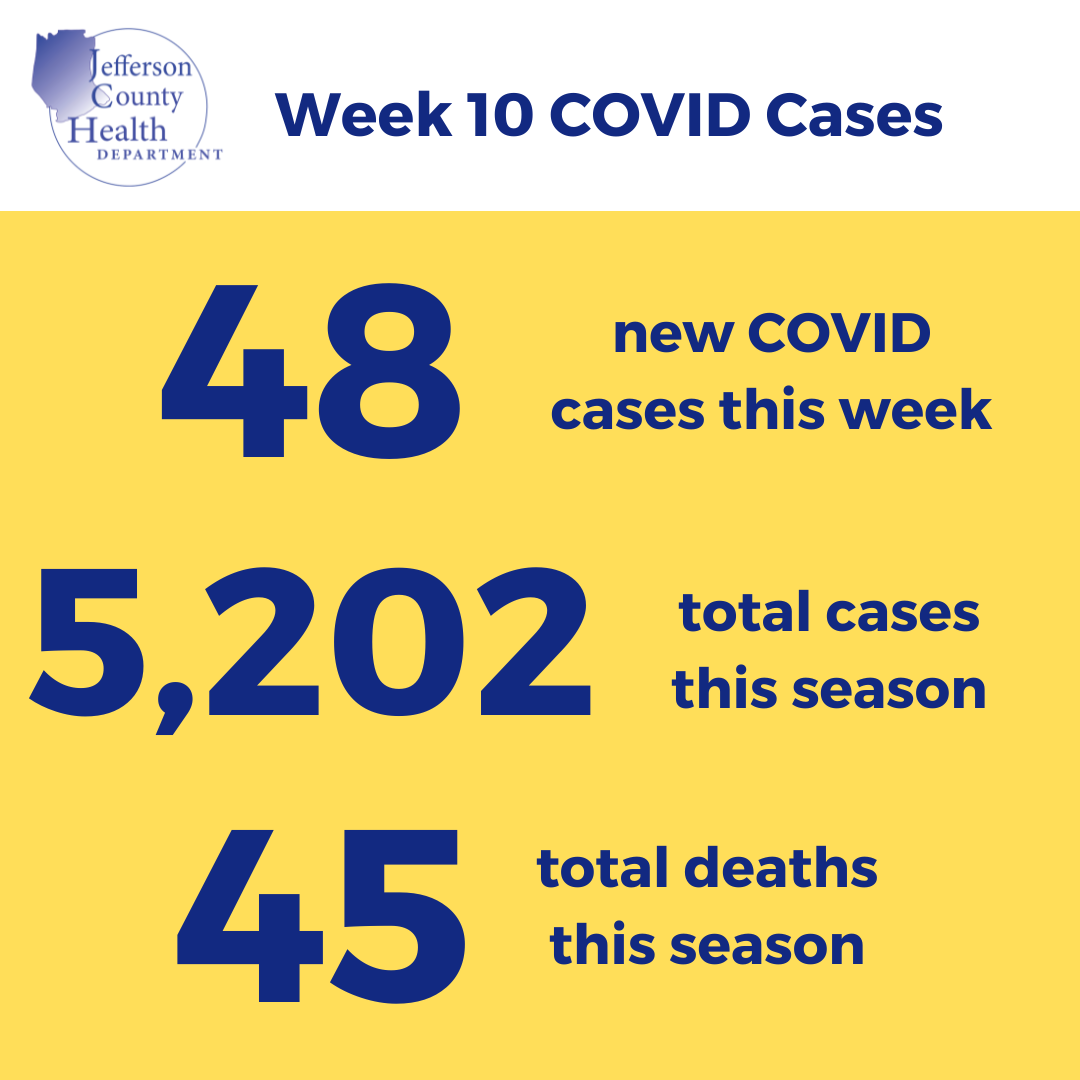Getting enough sleep is important for your health, mood, and overall brain function. Sleep is also the time that our brains use to repair our bodies systems. Everything from blood vessels to the immune system uses sleep as a time for repair.
While many of us have heard that we all need 8 hours of sleep, the amount actually varies depending on your age. School-age children should strive to get around 9 hours of sleep, teens should aim for 8-10 while most adults should try to get at least 7 hours of sleep each night. It is also a common myth that we can “catch up” on sleep. While staying up late once in a while is fine, but making it a habit to try and fit a weeks’ worth of sleep into your weekend isn’t healthy.
Want to get a better night’s sleep? Try the some of the following:
Stick to a sleep schedule
Go to bed and wake up at the same time, even on weekends or days off
Get some exercise during the day
Exercise can help burn off extra energy and help tire you out at night but exercising close to bedtime can make you feel too energized. Try first thing in the morning or in the afternoon.
Get outside
Try and get at least 30 minutes of natural sunlight a day. This can help you regulate your sleep/wake cycle
Avoid nicotine and caffeine
Both nicotine and caffeine are stimulants that keep you awake. Caffeine can take 6-8 hours to wear off. If you are going to drink a caffeinated beverage, try to only have it in the morning.
Don’t take naps mid-afternoon
Naps too close to bedtime or too long during the day can interrupt your sleeping at night.
Avoid alcohol and large meals before bedtime
These items can both prevent deep restorative sleep
Limit electronics before bedtime
The blue light from electronic devices like your phone can actually make you feel more awake. Try listening to music or reading a book before heading to bed instead.
Create a good sleeping environment
Keep the room cool, dark and free from sounds. Try using blackout curtains, silencing your phone, or getting a white noise machine to help block out noises from neighbors or people in other rooms.
See your healthcare provider if nothing you try helps
Falling asleep and staying asleep should be natural. If you are struggling even after trying some of these tips it may be a good idea to talk to your doctor. They may be able to determine the cause or determine if you need testing for things like insomnia or sleep apnea.
Megan Winkelmann has been a Community Health Educator with the Jefferson County Health Department for just over two years. She attended Truman State University earning a bachelor’s degree in Health Science with a minor in Biology. While working for JCHD she attended A.T. Still University to earn her master’s degree in Public Health. Megan was born and raised in Jefferson County and enjoys creating programs that encourage healthy habits in the place she was raised. Megan likes to spend her free in time in the presence of family and friends.
MCH Publicity Statement: This project is/was funded in part by the Missouri Department of Health and Senior Services Maternal and Child Health Services Contract #AOC18380095, and is/was supported by the Health Resources Services Administration (HRSA) of the U.S. Department of Health and Human Services (HHS) under grant #B04MC30623, Maternal and Child Health Services for $12,107,084, of which $0 is from non-governmental sources. This information or content and conclusions are those of the author and should not be construed as the official position or policy of, nor should any endorsements be inferred by HRSA, HHS or the U.S. Government










